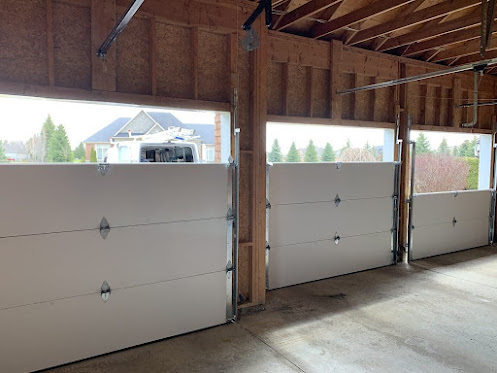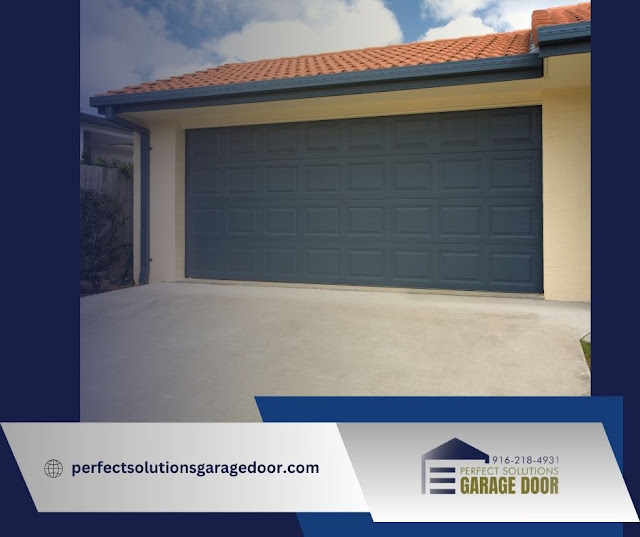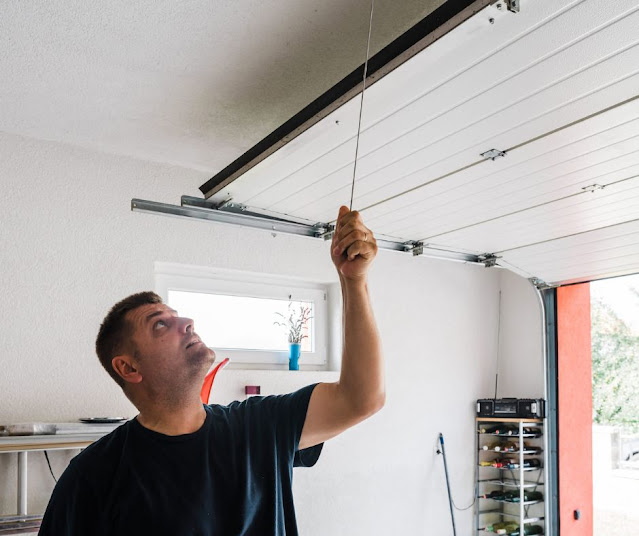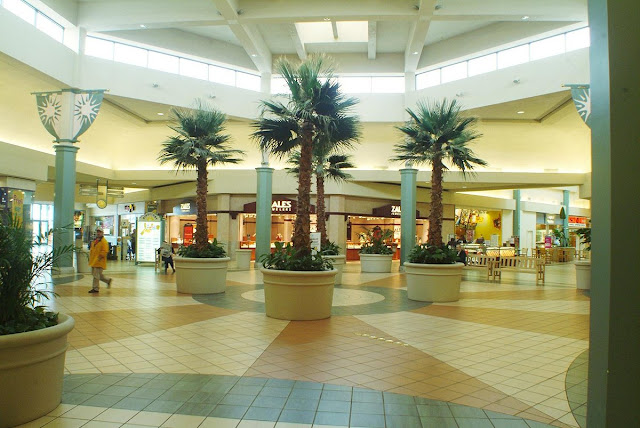Mastering Garage Door Repairs: Handy DIY Techniques and Insights
Your garage door is a crucial part of your home, providing security, convenience, and aesthetic appeal. However, like any mechanical system, garage doors can experience wear and tear, requiring occasional repairs. Mastering garage door repairs empowers you to tackle common issues and ensure your garage door functions optimally. In this guide, we'll explore valuable DIY techniques and provide insightful tips to help you navigate garage door repairs effectively.
Understanding Your Garage Door
Before diving into repairs, it's essential to understand the basic components of your garage door. A typical garage door system comprises several elements:
Panels and Sections: These form the main structure of the door, providing security and insulation.
Springs: Torsion and extension springs counterbalance the weight of the door, facilitating smooth movement.
Tracks and Rollers: Tracks guide the door's movement, while rollers assist in smooth opening and closing.
Cables and Chains: These components assist in lifting and lowering the door.
Motor and Opener: The motor powers the movement of the door, controlled by an opener.
Common Garage Door Issues
Understanding common garage door issues is the first step in effective repairs. Here are some frequent problems you might encounter:
Door Misalignment: If the door is off track, it may not open or close properly.
Spring Issues: Broken or damaged springs can cause the door to become heavy and difficult to operate.
Noisy Operation: Loud or squeaky noises during operation often indicate the need for lubrication or maintenance.
Sensor Problems: Malfunctioning sensors can prevent the door from closing correctly.
Remote Control Failures: Issues with the remote control or opener can disrupt the door's functionality.
DIY Garage Door Repair Tips
While major repairs should be handled by professionals, minor issues can often be addressed through DIY methods. Here are some handy tips:
Regular Maintenance: Perform routine checks for any visible wear and tear. Lubricate moving parts like rollers, tracks, and hinges.
Tighten Hardware: Check for loose bolts, nuts, or screws and tighten them to ensure stability.
Lubrication: Apply a silicone-based lubricant to rollers, springs, and hinges to reduce friction and noise.
Sensor Alignment: Make sure the sensors at the base of the door are aligned and free from obstructions.
Weather Stripping Replacement: Damaged weather stripping can be replaced easily to maintain insulation and energy efficiency.
When to Call a Professional
While DIY fixes can handle minor issues, certain problems require professional attention. Contact a garage door repair expert if you encounter:
Spring Replacement: Due to the high tension involved, spring replacement should always be handled by a professional.
Motor or Opener Issues: Complicated problems with the motor or opener require specialized expertise.
Track or Cable Problems: These components are critical to the door's functionality and should be handled by professionals.
By mastering garage door repairs, you can ensure your garage door remains in optimal condition, serving its purpose effectively and efficiently. Regular maintenance and timely professional assistance will extend the lifespan of your garage door and enhance the safety and convenience it provides for your home.




Comentarios
Publicar un comentario